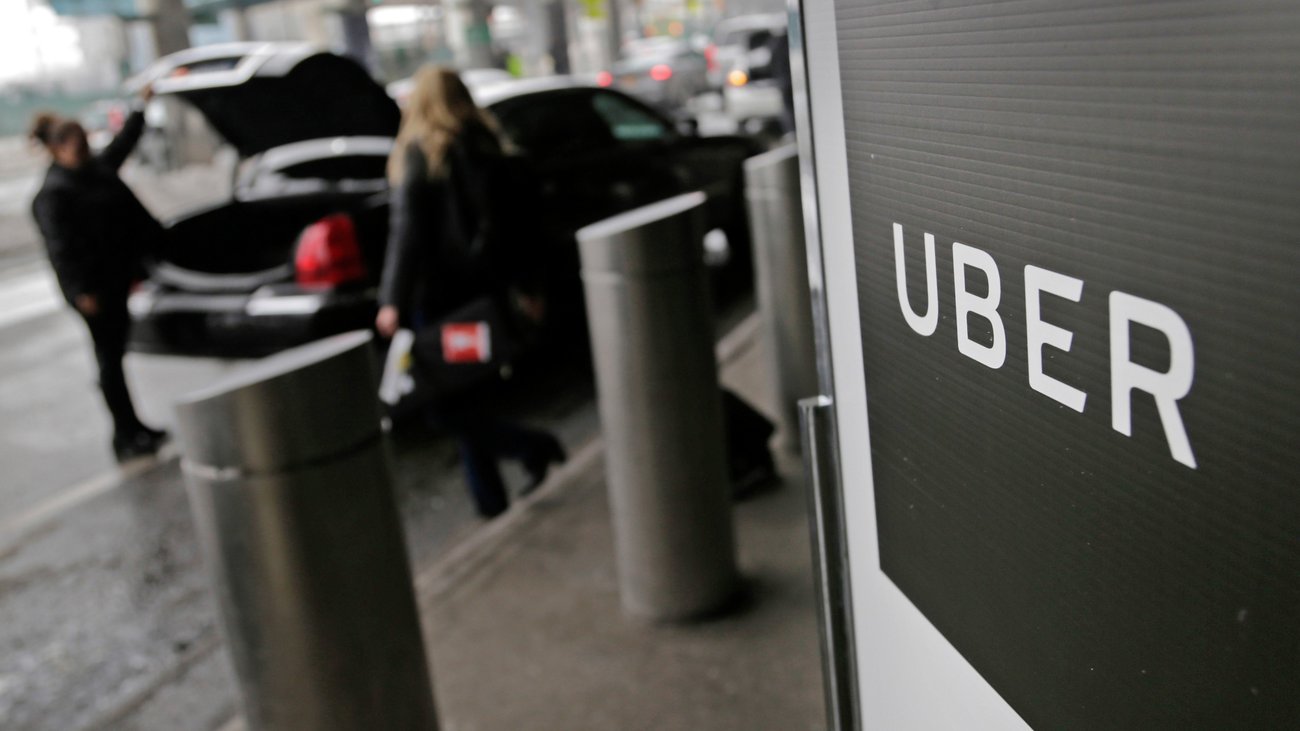8126
0
Uber fires against reform of the transport service market
The transport service broker Uber has rejected allegations of social dumping and criticized the reform of passenger transport law in Germany.

Yazar: Tom Roberts
Yayınlanma: 22 Şubat 2021 22:39
Güncellenme: 3 Mart 2026 03:19
Uber fires against reform of the transport service market
The transport service broker Uber has rejected allegations of social dumping and at the same time criticized the planned reform of passenger transport law in Germany. Uber Germany boss Christoph Weigler said: "The amendment is symptomatic of how difficult Germany is with digitization. It does not serve the interests of consumers. There is not much left of the good intentions in the coalition agreement." Germany threatens to fall behind with a "backward regulation" in international comparison. Weigler is one of several experts at a hearing in the Bundestag's transport committee on the federal government's draft law. The coalition wants to make it easier for new providers to enter the taxi and driving service market, most of which are ordered via app. Existing offers are currently running on the basis of an experimentation clause. However, there is sharp criticism of the reform - both from the new providers and from the classic taxi industry. "Above all, the adherence to the obligation to return inhibits investments in modern mobility offers in Germany," said Weigler. "This is particularly bad for rural mobility. The obligation to return is antiquated." The obligation to return for so-called rental cars without an order states that vehicles from these agents must return to the company headquarters after each trip and, unlike classic taxis, are not allowed to wait on the street for customers. In principle, the obligation to return should be adhered to. According to the draft law, loosening of long distances should be possible, but this should be determined by the municipalities.İLGİLİ HABERLER





European stocks soared and focus shifted to German retail sales after Powell's speech!

Forex Signal For TRY/USD: Inflation Slowdown in November.

Forex Signal For GBP/USD: Bullish Trend Still Not Breaking While Recovery Continues.

Forex Signal For EUR/USD: Starry US Data Points to Higher Fed Increases.

Forex Signal For BTC/USD: Downside Continues as Bitcoin Recovery Moves Less.
En Popüler Haberler
Yorum Yap
Yorumlar
Henüz yorum yapan yok! İlk yorumu siz yapın...